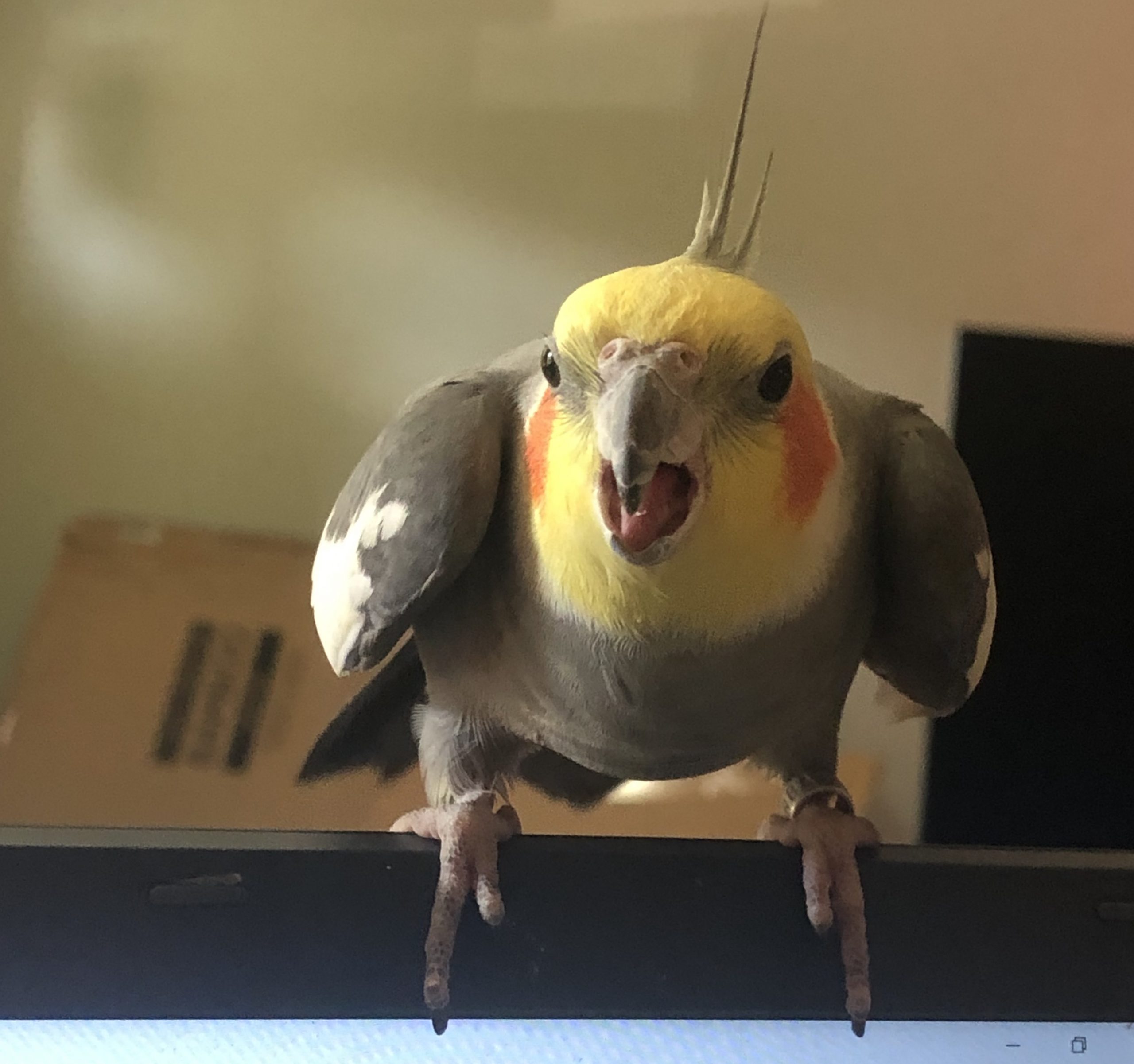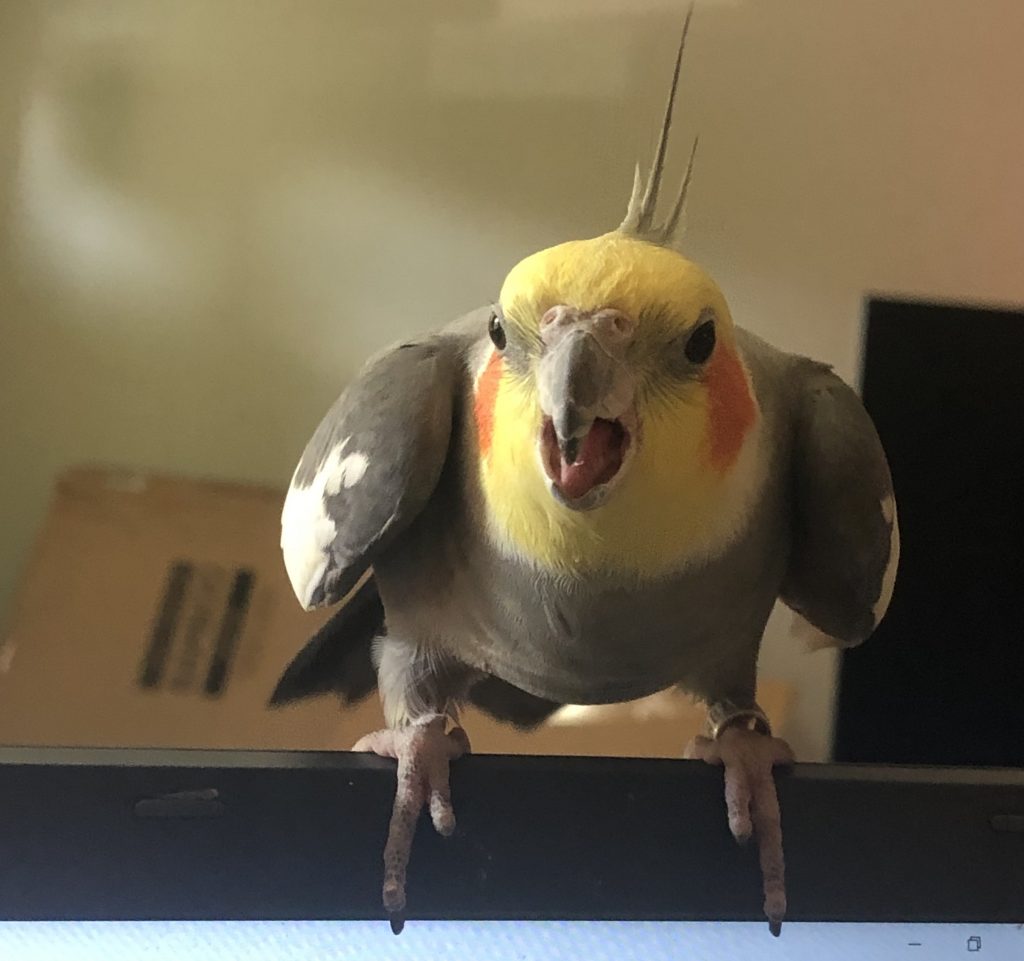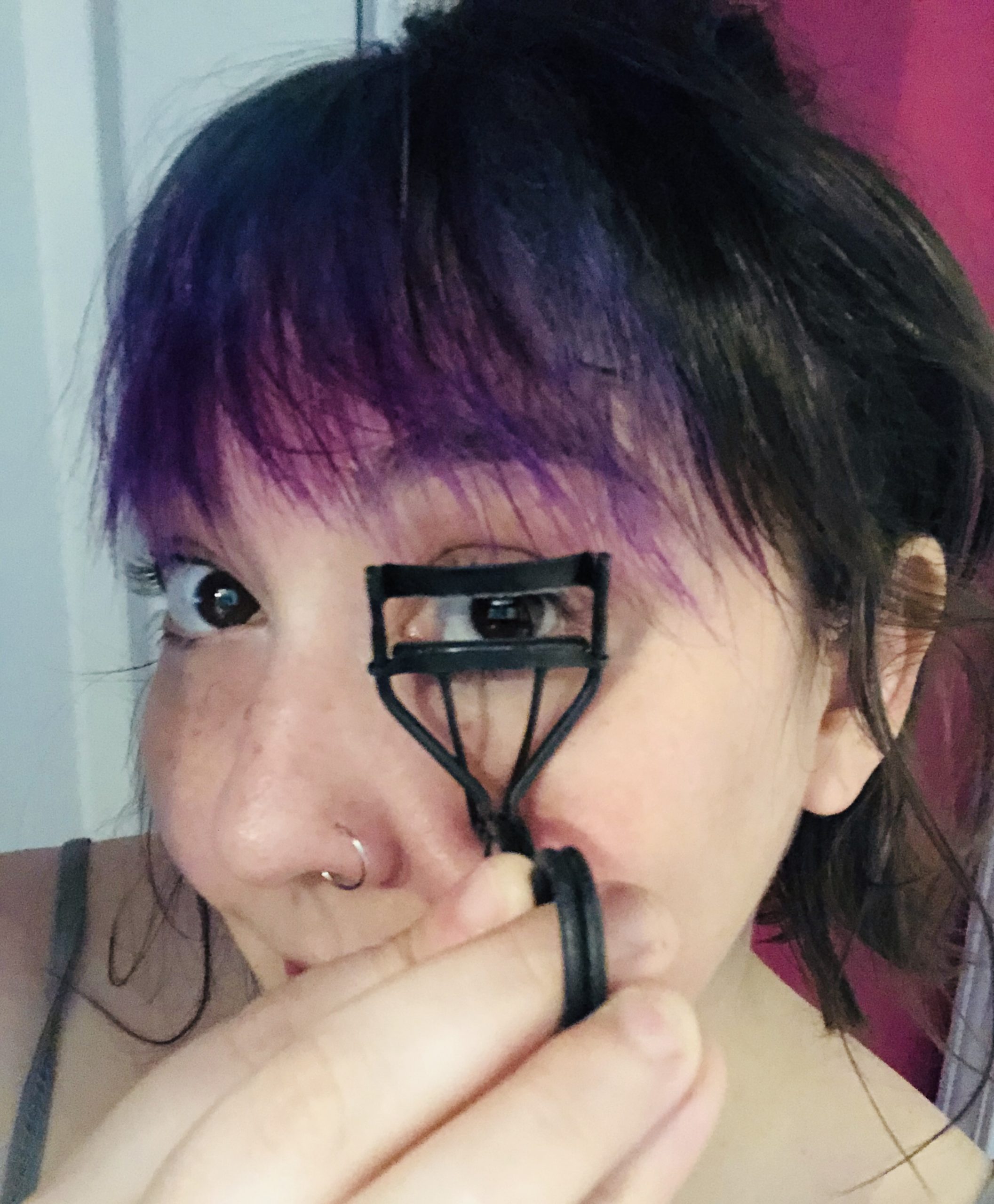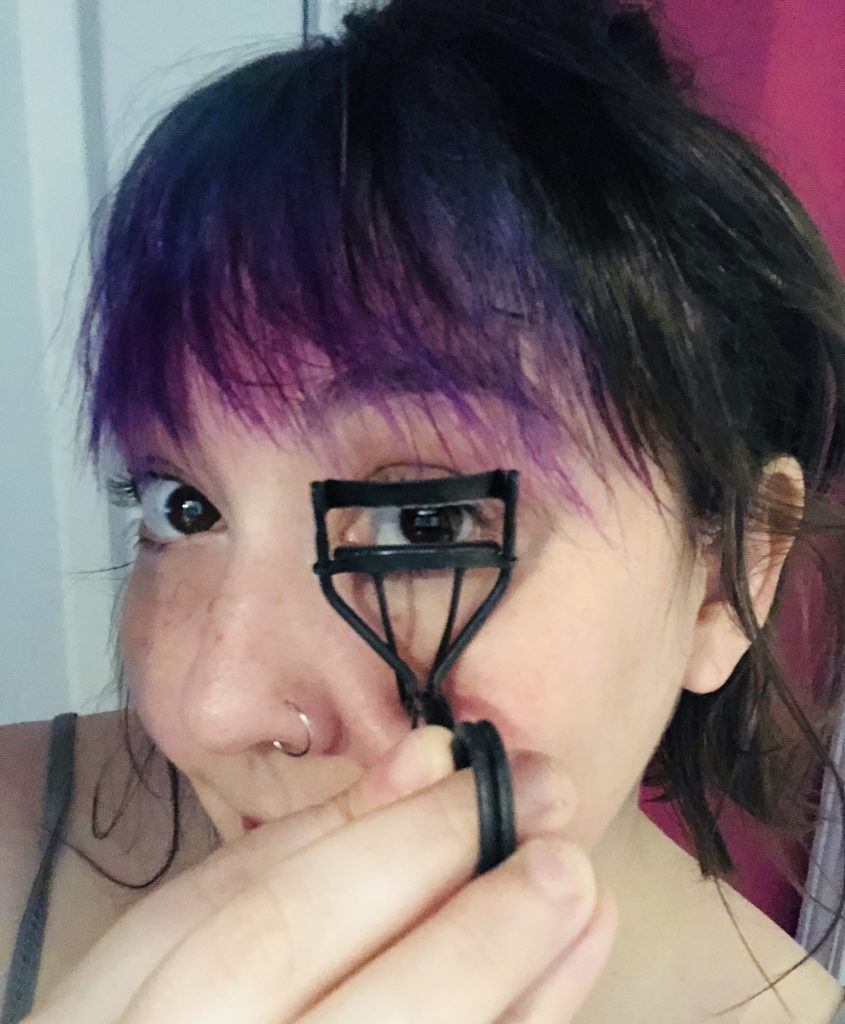
Feminine Musicians, Guitarbois
Feminine Musicians, Guitarbois

I have a friend that’s the frontwoman and composer of a metal band, Valentine Wolfe. She kicks ASS. The skills, the aesthetic, the soaring voice, the storytelling. Goth as hell, ethereal. Her duo partner and spouse taglines her as “half Veela, half Dementor.”
While watching them on stage, the masc-leaning person (another musician) next to me commented, “She’s too cute; she’s not spooky, she’s spoopy!”
And I kept thinking, Why? What do you mean by that? Is it her soft, lilting, feminine speaking voice? Her aesthetic of long hair and dresses? Why did he need to say that?
I wish I had pointed it out, but as another femme performer not wanting to rock the boat… I didn’t. Comments made by this person and other people about my own femininity as a performer made me second guess myself.
We get judged and dismissed for being too feminine, too cute, too sweet, even when we’re writing songs about death rot–even when “too feminine” isn’t, like, a thing. Who even gets to define that? To femme for what?
When I go to upload my music for distribution, the genre options are “singer songwriter” and “female singer songwriter.”
When I was first getting started, someone at a con came up to my now-husband, Richard, and asked, “She was great! Who writes her songs?”
He was sort of taken aback. “…She does.”
Listen, I use my femininity as part of my act. I will happily show as much cleavage as I legally can for adult shows and solicit tips. I understand there are pros and cons to that, but at the same time: I am my own product but I’m also more than my act.
I see it click when people start taking me seriously when we’re behind-the-scenes. That I’m more serious and thoughtful than my public persona. That I do a lot of work and consideration before I put myself out there, and that I’m always trying to learn more.
I feel like I have to better, more organized, more professional to be taken seriously because of the way I look; I mean, I’m literally a clown sometimes. And this is me as a white woman; women of color and gender non-conforming folks have tons of other bullshit on top of that.
At the same time, when I’m in “character,” I feel like my anger or activism gets treated as “safe,” or part of a bit. I can say the same thing off stage in the same tone and people find it much more confrontational (“confrontational” in that I’m speaking openly on a topic and not couching assertions). I guess part of it is that I’m much more open and authentic on stage and in my public voice than they realize; I’ve seen this play out in my private life too, when I talk openly about my feelings or health but I’m not taken at my word.
(An aside, but to be totally fair: I get it! I do do bits and joke and smile when I’m angry or have panic attacks that are mostly “freeze” or masked. I try really hard to take that into consideration when I’m communicating in my personal life, to varying degrees of success.)
Anyway, I was revisiting my thoughts on this because of the hot take going around that Taylor Swift is the Millennial Bruce Springsteen and I am on board. I don’t love-love Taylor Swift and she has the same kinds of White Feminism problems I do, but she’s still the dominant voice in her songwriting even when she’s collaborating. She describes what she sees.
Regardless of how you feel about Taylor Swift, it’s an interesting read comparing Baby Boomer and Millennial radio sensibilities and the way we treat men writing about women vs. women writing about men.
Taylor Swift is also an underrated guitarist.
At any rate, it’s a complicated topic and I’ve had experiences in my own life where my art was influenced by the men around me in negative ways. The topics of my songwriting, the kind of music I liked, the kind of “girly” guitar I played.
“Fuckboi” wasn’t a common term for me when I was in my 20s, but those kinds of negging dudes are “guitarbois.” Some of them don’t even play guitar! Or anything! But they have a lot of opinions on how I do music, and it’s distinctly different from offering constructive criticism or talking shop. They want to make sure they’re still higher in the pecking order.
I actually made a micro-game about it called “Punch a Guitarboi,” because externalizing my feelings is how I keep from obsessing. Also my sprite is cute!
Follow me on Twitter or rss




